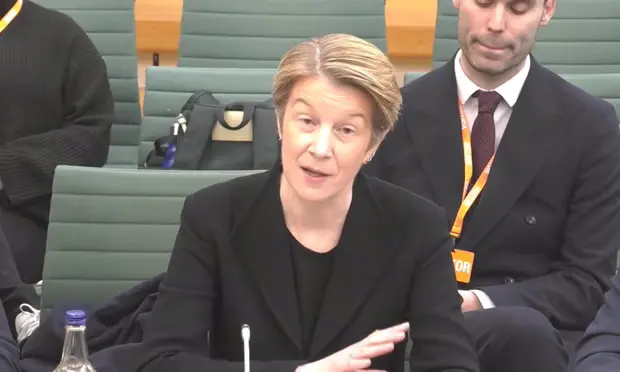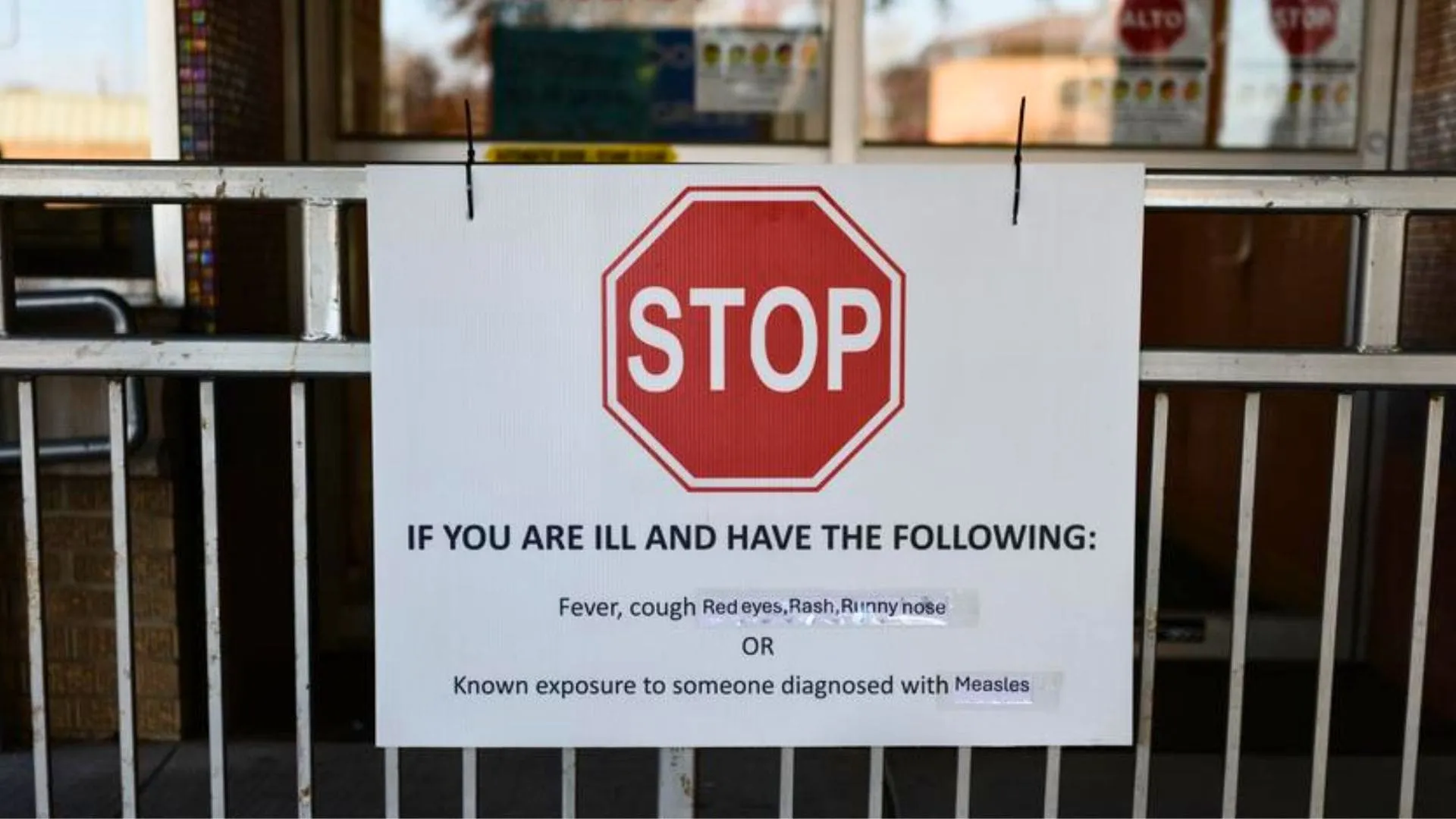The health service in the UK is facing deep-rooted challenges that go beyond the immediate issues with leadership. The National Health Service (NHS) is under immense pressure, with criticism levied at its operations, its finances, and its leadership. While it is understandable that MPs, the public, and various stakeholders are impatient for progress and reforms, it is also important to recognize that the problems within the NHS are complex, and often a result of structural issues that cannot simply be solved by removing or criticizing individual leaders.
In February 2025, NHS England’s chief executive, Amanda Pritchard, came under fire during a session with the health and social care committee. This came on the back of a damning report from the House of Commons public accounts committee (PAC), which highlighted significant issues in the NHS’s financial management and planning. The PAC accused the leadership of NHS England and the Department of Health and Social Care (DHSC) of lacking “drive” and “ideas,” which led to further criticism from MPs. However, this attack was not just limited to the written report – it extended into the oral evidence given by Pritchard during the health committee session. The committee echoed the PAC’s findings, calling into question the leadership’s ability to enact meaningful changes.
The simultaneous publication of the PAC’s report and Pritchard’s appearance before the committee must have felt like a double blow. The frustration among MPs was evident, and it was clear that many of them were dissatisfied with Pritchard’s performance and her responses to questions. However, one must consider the broader context in which she operates. Pritchard, although undoubtedly capable, is not a politician, and as such, her style of answering questions may not be as polished or decisive as MPs would like. Part of the reason for this perceived lack of clarity is the government’s delayed publication of crucial guidance, including updated targets. These delays have undoubtedly hampered the work of NHS England, and yet they are often ignored or overlooked in the political heat of the moment.
In many ways, the situation faced by Pritchard and NHS England highlights a fundamental issue within the health service: the expectations of MPs and the public are often unrealistic, given the current financial constraints. The NHS is not a monolithic organization; it operates across 42 integrated care boards (ICBs), each with its own set of challenges. The NHS is also grappling with rising costs – from salaries to inflation to the ever-growing demands of an ageing population. In the 2025-26 budget, the NHS will receive an additional £10.6 billion, but much of that will be absorbed by the aforementioned pressures. This leaves little room for significant operational improvements or transformative changes.
Moreover, Pritchard’s team faces political pressure from the government, particularly with a health secretary eager for progress. The government’s aim is to improve services and increase productivity, but it is unclear how this can be achieved when the funding for the NHS is not keeping pace with its demands. The Office for National Statistics (ONS) published data that showed a decline in productivity in the last quarter of 2024, which contradicted NHS England’s claims. This discrepancy highlights a significant concern: the way in which productivity is measured in the NHS is not always clear, and different methods can produce conflicting findings. The lack of consistency in reporting only exacerbates the problems within the system.
Amidst these pressures, the governance structure of NHS England is undergoing changes. The appointment of a new permanent secretary for the Department of Health and Social Care, along with a new chair for NHS England, could signal a shift in the balance of power. These changes are likely to reduce the autonomy that Pritchard currently enjoys, which could further complicate her ability to make decisions in the best interests of the NHS.
Additionally, there are competing interests within the NHS itself. Integrated care boards, which are tasked with improving public health in partnership with local councils, are often in competition with large hospital trusts for both resources and influence. The complexity of these power dynamics means that NHS leaders, such as Pritchard, find themselves caught in the middle, trying to balance the needs and expectations of different groups. This makes her job all the more difficult, as she must navigate the competing priorities of multiple stakeholders, all while maintaining the day-to-day operation of the NHS.
While it is important to hold public sector bosses accountable, as MPs are doing in this case, it is also crucial to acknowledge the risks of undermining leadership too harshly. Overly critical or punitive actions against NHS leaders could have unintended consequences, potentially making it harder for them to lead effectively or make the tough decisions necessary to improve the service. Politicians and MPs must be careful not to overlook the strengths and capabilities of NHS leaders, even when there are shortcomings.
The issues facing the NHS are deep-rooted and cannot be solved simply by changing leaders or pushing for short-term reforms. Structural changes are needed – reforms that take into account the complex challenges of funding, governance, and public health. Without a comprehensive, long-term plan, any improvements to the NHS will remain incremental at best.
Ultimately, the focus must shift from blaming individuals to addressing the underlying issues that continue to plague the NHS. There is no single “fix” for the system, and blaming individuals like Amanda Pritchard is unlikely to bring about the meaningful change that the NHS so desperately needs. The public and MPs must work together to advocate for structural reforms, more realistic expectations, and long-term strategies to secure the future of the NHS. The political pressure on the NHS is only likely to increase, but it must be accompanied by an understanding of the realities faced by those tasked with running one of the world’s largest and most complex healthcare systems. The road to reform will not be easy, but it is one that must be traveled carefully and thoughtfully to ensure that the NHS continues to provide world-class care for generations to come.
In conclusion, the problems within the NHS go far deeper than any one leader or political figure. The challenges of rising costs, an ageing population, political pressure, and conflicting priorities are enormous, and no amount of criticism directed at individuals will change the structural problems at play. To truly improve the NHS, MPs, the public, and NHS leaders must work together to address the underlying issues and focus on long-term, sustainable reforms. The current situation demands a nuanced approach, where accountability is balanced with a clear understanding of the broader context in which the NHS operates. Only then can the NHS hope to overcome the deep-rooted challenges it faces.










